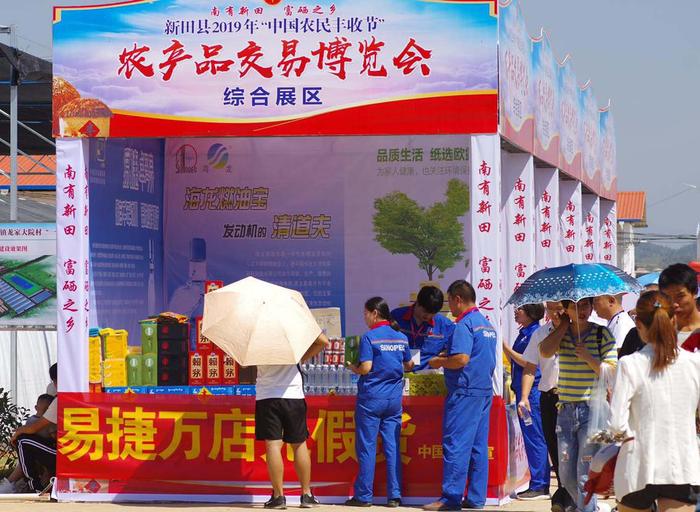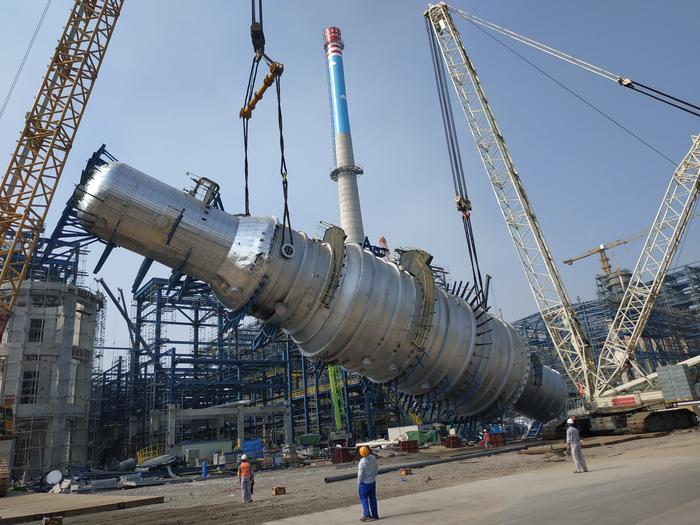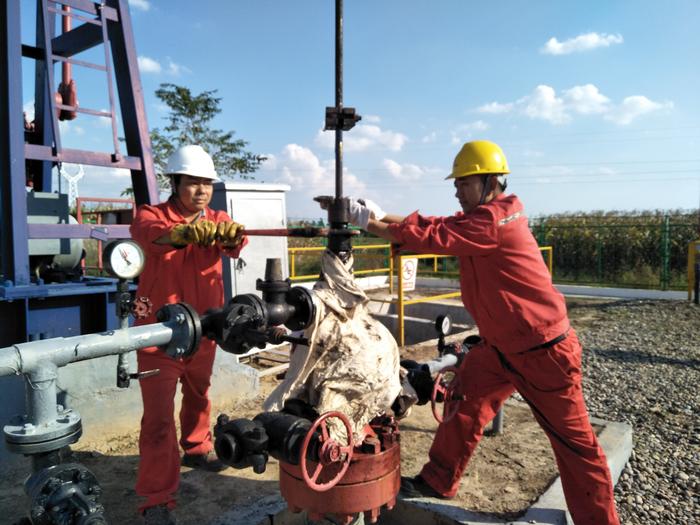|
| 2019-09-27 来源: 中国石化新闻网 |
| 石化新闻 |
|
中国石化新闻网讯 据油气产品9月26日消息称,米其林、IFPEN和Axens宣布,将在法国建造首个工业规模的用生物乙醇生产丁二烯的工厂原型。 BioButterfly项目于2012年底启动,旨在利用生物质(植物)中的乙醇生产丁二烯,从而生产出更环保的创新合成橡胶。 丁二烯目前由石油生产,是一种用于合成橡胶生产的化合物。在世界范围内,制造商每年消耗超过1200万吨丁二烯,其中约40%用于制造轮胎。 该工业原型的建造将于2019年底开始,预计将于2020年底在米其林位于波尔多附近巴森斯的工厂完成。米其林已经在那里使用石油中的丁二烯来制造合成橡胶,尤其是针对欧洲市场。BioButterfly项目总投资为7000万欧元,该项目将创造约20个就业岗位。 经过数年的实验室检测(制造几克),然后IFPEN-Lyon开发并试用(制造了数百克),工业原型现在必须验证制造过程中的完整步骤链,以证明其在大规模生产(20到30吨/年)方面的技术和经济可行性。这是Axens将该产品投入市场(10万吨/年)之前的最后一个阶段。 该工厂将测试各种生物质中乙醇的用途,包括由森林或农业残留物(稻草,木片等)制成的2G乙醇。它将验证IFPEN开发的过程,IFPEN最终将被纳入Axens销售的绿色技术组合中。这一生产途径也将使米其林更好地确保其获得丁二烯,同时支持其可持续流动的目标。 这一决定为法国环境和能源管理署在“未来方案”投资下支助的BioButterfly项目提供了一个新的方针。它表明合作伙伴愿意通过促进生物源合成橡胶工业部门的发展来减少该行业的环境足迹,并重申他们致力于建立一个新的研究和创新部门,为更可持续的工业服务。 米其林首席执行官Florent Menegaux表示:“考虑到其活动对环境的影响,是米其林集团作为可持续交通先驱和领导者的一部分。到2050年,我们轮胎使用的80%的原材料将是可持续的。我们预计生物丁二烯约占这一目标的20%。” 曹海斌 摘译自 油气产品 原文如下: Michelin, IFPEN, and Axens to construct bio-butadiene plant Michelin, IFPEN, and Axens have announced the construction of the first industrial-scale prototype of a plant producing butadiene from bioethanol in France. Launched in late 2012, the BioButterfly project aims to produce butadiene from ethanol from biomass (plants) in order to produce innovative synthetic rubbers that are more environmentally friendly. Currently produced from oil, butadiene is a compound used, among other things, for the manufacture of synthetic rubber. Worldwide, manufacturers consume over 12 million tpy of butadiene of which about 40% is used to make tyres. Construction of this industrial prototype will start in late 2019 and is expected to be completed in late 2020 on Michelin’s site in Bassens, near Bordeaux, where Michelin is already using butadiene from petroleum to manufacture its synthetic rubbers intended, in particular, for the European market. The BioButterfly project represents a total investment of €70 million and will create around 20 jobs on the site. After several years of laboratory tests (manufacturing a few grams) followed by the development of pilots at IFPEN-Lyon (manufacturing hundreds of grams), the industrial prototype must now validate the complete chain of steps in the manufacturing process to prove its technological and economic viability for mass production (between 20 and 30 tpy). This is the last phase before industrial implementation of the process (100 000 tpy) to be marketed by Axens. The plant will test the use of ethanol from all kinds of biomass, including 2G ethanol (2nd generation, non-competing with food) made from forest or agricultural residues (straw, woodchips, etc.) It will validate the process developed by IFPEN which will eventually be included in the portfolio of green technologies marketed by Axens. This production pathway will also enable Michelin to better secure its access to butadiene while supporting its goal of sustainable mobility. This decision gives a new dimension to the BioButterfly project supported by ADEME (French Agency for Environment and Energy Management) under the Investments for the Future Programme. It illustrates the willingness of partners to reduce the industry’s environmental footprint by fostering the development of a bio-sourced synthetic rubber industrial sector and reaffirms their commitment to a new research and innovation sector serving a more sustainable industry. Florent Menegaux, CEO of Michelin, said: “Taking the environmental impact of its activities into consideration is part of the Michelin Group’s identity as a forerunner and leader of sustainable mobility. By 2050, 80% of raw material used in our tyres will be sustainable. We expect bio-butadiene to represent approximately 20% of this objective.”
|








